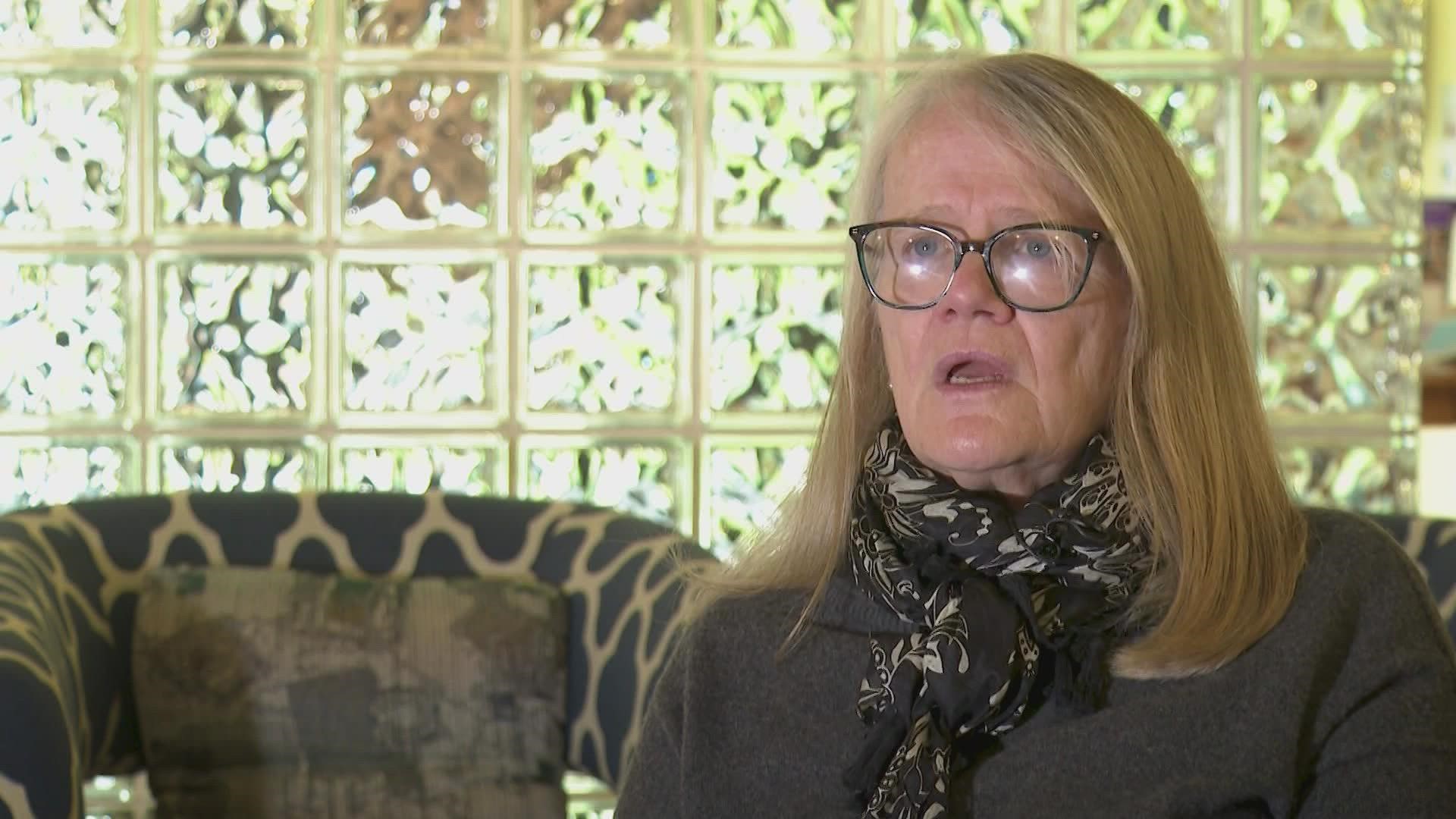PORTLAND, Maine — Portland's Center for Grieving Children is receiving more calls from people needing help after losing a loved one to suicide.
Bereavement coordinator Sara Asch said the center saw a "significant" increase in people calling for help. She said an increase in overall stress in the world during the pandemic, combined with the lack of available mental health providers, likely led to more people dying by suicide.
She said the volunteers who counsel people who come in for services are feeling that extra emotional weight, too.
"To be able to say, 'I’m so sad for what happened to you. I am just wanting you to know that I’m here for you,' and not come up with any judgmental statements about what happened is really important," Asch said. "I think many people will not feel like it’s the same kind of loss and that might make them shut down, make them more embarrassed or self-conscious about mentioning it."
She said it is important to keep in mind that although someone may lose a family member, it does not mean they had a close relationship, but it does not make the loss any less significant.
"Maybe because of the conditions of their life, they did not have much of a relationship. Maybe there was a lot of mental health and they couldn’t be present in someone’s life, so to be careful about how you are thinking about what that person meant, but know that they were significant and that that person who’s feeling that loss is grieving," Asch said. "It might be grieving never having the relationship. It might be grieving someone they were very close to and loved. That person just needs to know that you care about them, you're there for them, and that you’re not going to judge them. Starting off with, 'I’m just so sad about what happened to you. I’m here for you.'"
She said allowing those who just lost someone to suicide the room to feel a range of emotions can be healing, and that telling them what they "should" feel or do can make the person feel like they have even less control of their life.
"One of the things that we do at the center is teach our facilitators just to listen and to not fill the space. Silence is really important. When we are speaking, the other person can’t speak for themselves, can’t think for themselves, can’t feel for themselves, we are taking the space we were talking. Five seconds can feel like an eternity when you’re in an uncomfortable situation. When they do start to talk, it’s not about giving advice or giving opinions. It’s just about reflecting back what you’re hearing. The other thing that happens when somebody’s life has been turned upside down like this is they feel the lack of control, and so when we start to tell them what they should do and talk giving them advice, it actually takes away from them that opportunity to have a little control in their life. So just be mindful of what we’re doing when we speak," Asch said.
Let's talk about it
Maine Crisis Hotline: 1-888-568-1112
Maine teen text support
This peer support text line is for Maine youth 13 to 24 years old and is staffed by individuals 18 to 24. Talk about your feelings and get support from another young person. Daily from noon to 10 p.m. EST at 207-515-8398

